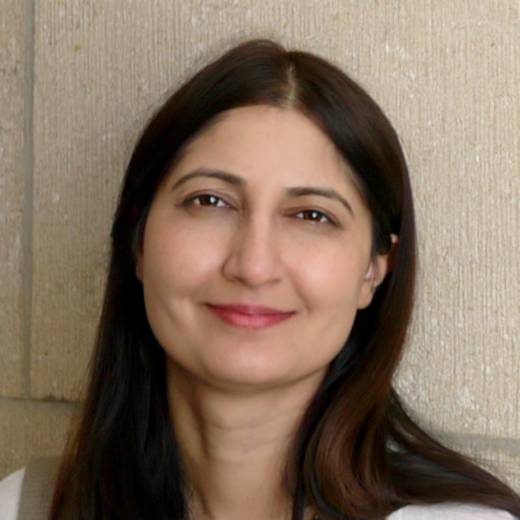When Donald Trump took the oath of office it reminded me of the oath I took as a doctor. I raised my right hand, pledging to "Do No Harm." Like so many of my colleagues, I am a U.S. citizen with foreign-born parents, one of the many first and second-generation immigrants increasingly populating American medical schools. From 1980 to 2004, medical school graduates identifying themselves as "white" fell from 85 to 64%. More than a quarter of practicing physicians are foreign born. My Silicon Valley group practice is a staggering 80% foreign-born. America's doctors have become as diverse as the patients we serve.
The world is watching our divisive debate over travel bans and immigration, and I fear it will hurt a healthcare system so rooted in diversity. America is projected to have a shortage of 100,000 physicians by 2025. More than 15,000 doctors in the U.S. are from the initial travel ban countries, and they are concentrated in the Rust Belt and Appalachia, Trump territory. The American Medical Association believes the ban will worsen access to health care, noting that foreign doctors are more likely to practice in underserved and poor communities. About a fifth of Americans live in rural areas, but less than a tenth of physicians practice there. International graduates have long been a critical resource for medically underserved regions. Half of all office visits in rural America are with foreign-born doctors.
Physicians have been stranded overseas, medical schools report sought-after applicants will likely move their careers to other countries, and many young doctors, some directly affected by the ban, others not, are considering doing the same. One Belgian scientist explained: "It makes you think twice about starting a career in the U.S."
As more immigrant groups are targeted, many skilled medical workers will go to more welcoming lands. In the only industrialized nation that doesn't consider healthcare a basic human right, it is the most vulnerable populations that will suffer from doctor shortages and disparities in healthcare. If only the Presidential Oath included that simple promise: Do No Harm.
With a Perspective, I'm Sarah Gmach.
